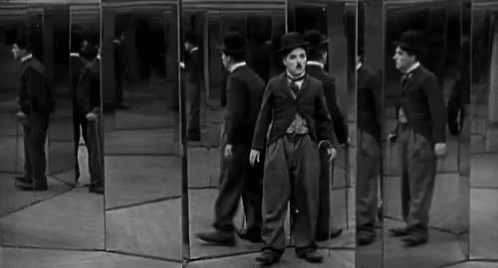I will not apologize for the fact that this week’s “Crossroads” podcast (CLICK HERE to tune that in) contains lots of questions and few answers.
In a way, the whole “God Made Trump” video ruckus is a house of mirrors full of questions.
Nevertheless, you cannot follow what Americans call “politics” without pondering the role that religious language is playing these days. At the same time, it’s impossible to ignore the role of humor — including brutal satire — in all of this. Put religion and humor together (with a dash of AI) and all hades breaks loose.
The New York Times offered a straight-faced news story about a trend that is a threat to democracy when used by conservatives and, in particular, the MAGA Orange Man Bad team. What about the satire on the other side, which is usually offered by billion-dollar platforms in mainstream media and late-night entertainment? That isn’t relevant. Meanwhile, here’s that double-decker Times headline:
Iowa Pastors Say Video Depicting Trump as Godly Is ‘Very Concerning’
The viral video shows the former president, in starkly religious, almost messianic tones, as the vessel of a higher power sent to save the nation.
The big question here that the Times team never asks: To what degree is the “God Made Trump” video satire or a wink-wink salute to a certain tribe of Trump supporters in some pews? Hold that thought, because asking that question leads to those hall-of-mirrors questions.
This Times piece is all serious all the time. Here is a key byte of that:
The clip’s authors are members of the Dilley Meme Team, an organized collective of video producers who call themselves “Trump’s Online War Machine.” The group’s leader, Brenden Dilley, describes himself as Christian and a man of faith, but says he has never read the Bible and does not attend church. He has said that Mr. Trump has “God-tier genetics” and, in response to outcry over the “God Made Trump” video, he posted a meme depicting Mr. Trump as Moses parting the Red Sea.







